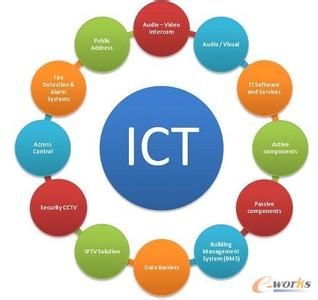Arguably shaped by political economy perspectives from the Global North, ICT4D aims to reduce socioeconomic disparities across countries and regions through ICT implementations, as well as to open up opportunities for empowerment and human development. Despite these aims, ICT4D has been criticized because 1) although ICT and internet have positive effects on societies across the Global North, their positive impact on people's lives in the Global South cannot be easily proved; 2) ICT4D's primary focus seems to be on ICT's series of artefacts rather than on ICT's positive transformative potential of living conditions in the world; 3) the type of development ICT4D aims for could mask global hegemonic interests and seek neoliberal restructuring within less socioeconomically favoured communities within the Global South. For these reasons, claim scholars, ICT4D should be revised. By presenting ICT appropriations among Wixarika peoples in Mexico to protect their sacred land, this paper aims to 1) shed a light on the need for postcolonial critical frameworks on what 'development' associated with ICT should be and 2) to foster discussions on whether ICT can enable alternative voices from the Global South to be heard, despite tensions between traditional views and contemporary technologies.
翻译:以全球北方的政治经济观点为根据,信通技术促发展组织的主要侧重点似乎是信通技术的手工艺品系列,而不是信通技术对世界生活条件的积极变革潜力;(3)信通技术促发展的目标类型可能掩盖全球霸权主义利益,在全球南部社会经济条件较差的社区内寻求新自由主义的重组;为此原因,学者们声称,信通技术促发展组织应加以修订;通过在墨西哥维沙里卡人中间提出信通技术拨款,保护他们的神圣土地,本文件旨在(1) 阐明需要哪些“发展”与信通技术相关联的后殖民关键框架;(2) 促进讨论信通技术是否能够使全球南方的替代声音得到倾听,尽管传统观点与当代技术之间存在紧张关系。





